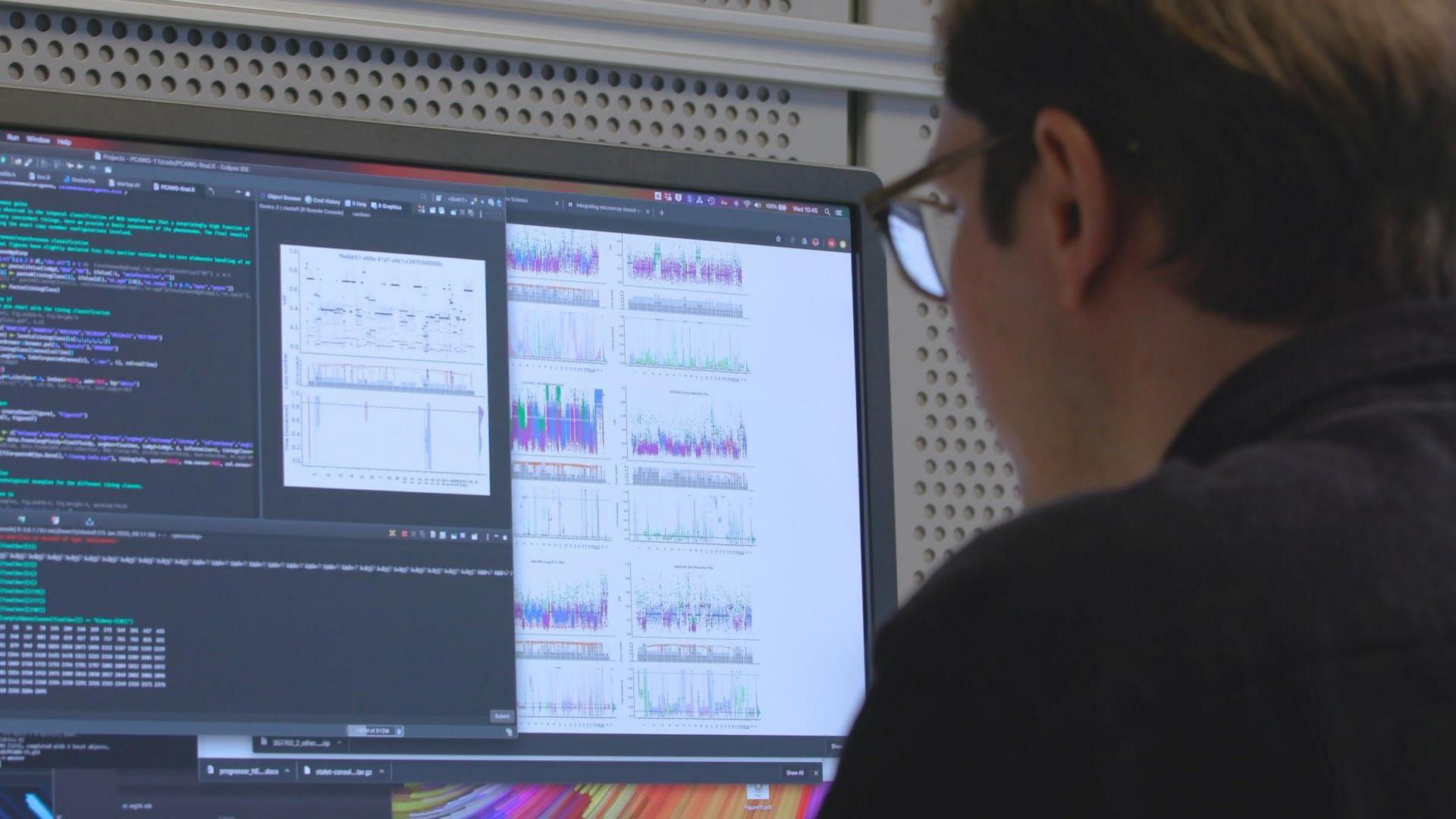'Revolutionary' tech could heal broken bones
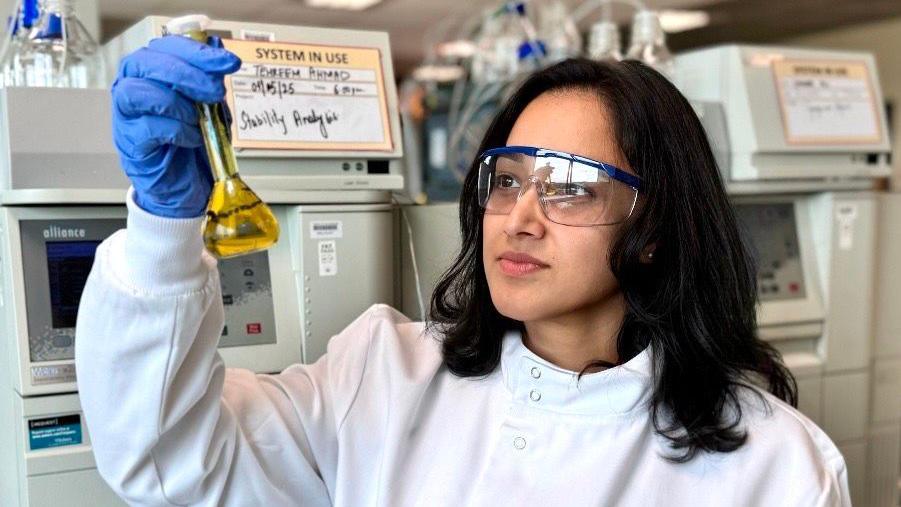
Dr Arathyram Ramachandra Kurup Sasikala will lead the four-year programme
- Published
A researcher has secured £2.2m in funding to develop technology that harnesses body movement to heal broken bones and power pacemakers.
The technology, part of a new field called piezoelectroceutics, can stimulate tissue regeneration and power medical devices without the use of drugs, wires or batteries.
Assistant Professor at the University of Bradford, Dr Arathyram Ramachandra Kurup Sasikala, will lead the four-year project, which is funded by UK Research and Innovation's (UKRI) Future Leaders Fellowship.
She said: "My technology could help patients heal faster, move more freely and avoid the side effects of traditional treatments."
The piezoelectric bone implant, which has been described as revolutionary, will generate electricity from natural movement and could reduce the need for invasive surgery and even support memory restoration.
It also has the potential to cut NHS costs and carbon emissions by replacing battery-powered implants with self-powered alternatives.
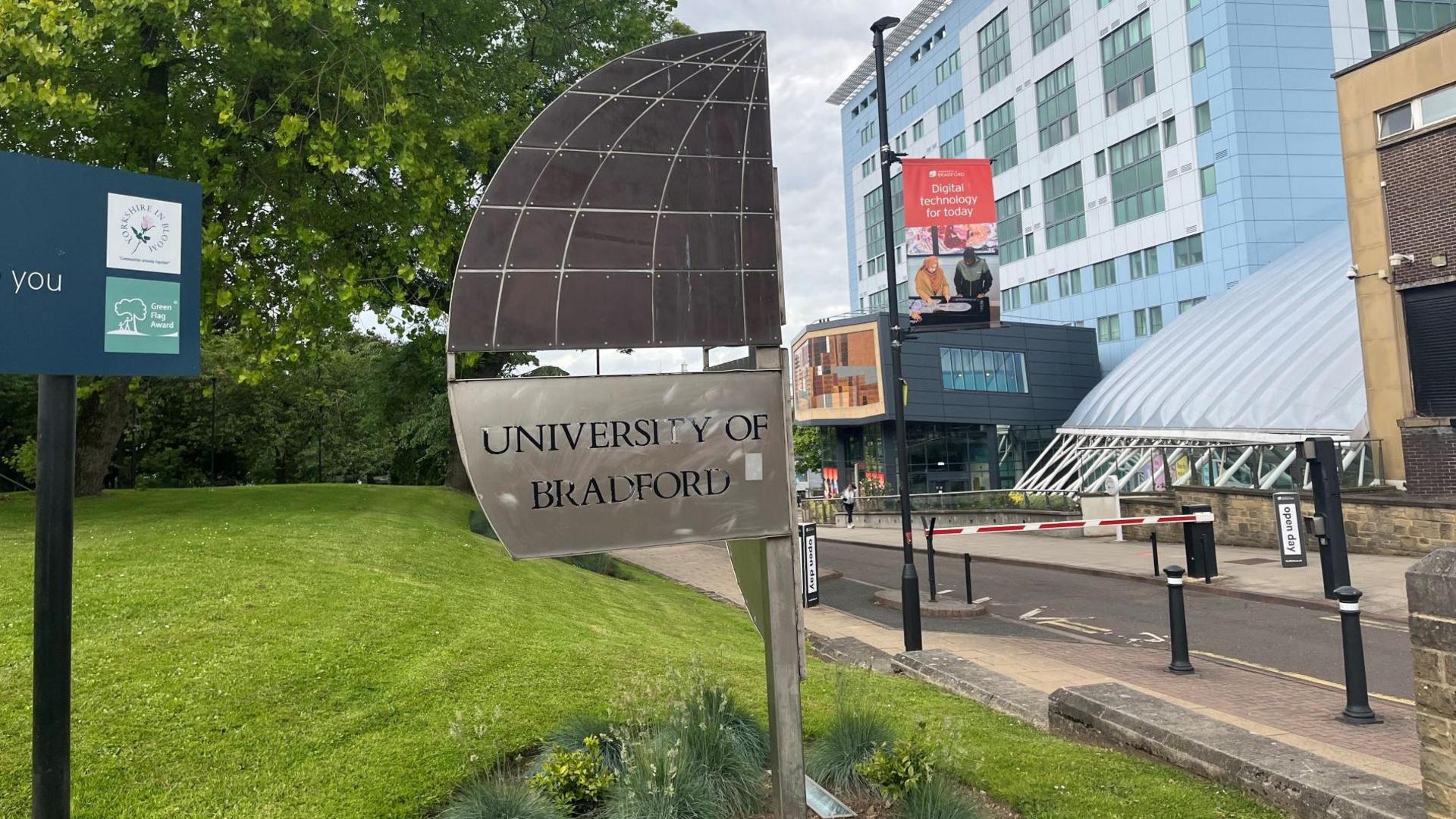
Dr Sasikala will launch a new piezoelectricity research cluster at the university
"This is about reimagining how we treat the body, using smart materials that work with it, not against it," said Dr Sasikala, who is the Assistant Professor in Biomedical Engineering at the Institute of Health and Social Care.
"It's a step towards a more sustainable, personalised future for healthcare."
Pro-vice-chancellor for Research and Innovation, Prof Sherif El-Khamisy, said this was a "landmark achievement" for the University of Bradford.
"The UKRI Future Leaders Fellowship is one of the most competitive and respected research awards in the country," he said.
"Dr Sasikala's success reflects our commitment to world-class innovation that improves lives, supports the NHS, and creates opportunities for our students and communities, especially women pursuing careers in health."
'Shaping future'
Dr Sasikala will launch a new piezoelectricity research cluster at the university, with her team including PhD students, research fellows and clinical collaborators.
They will be supported by partners including the University of Leeds, University of Cambridge, UC San Diego and Summit Medical Ltd.
Dr Sasikala's previous work includes developing self-powered stents and brain-targeting nanoparticles, and she is a recognised STEM ambassador and public science communicator.
Prof Anant Paradkar, director of the Institute of Health and Social Care, said: "Piezoelectric biomaterials represent a paradigm shift - they can stimulate healing, power implants and interact with the body in ways we've only imagined until now.
"This fellowship puts Bradford at the forefront of a new era in regenerative medicine and smart therapeutics. It's not just about research, it's about shaping the future."
Get in touch
Tell us which stories we should cover in Yorkshire
Listen to highlights from West Yorkshire on BBC Sounds, catch up with the latest episode of Look North.
Related topics
More stories like this
- Published5 May
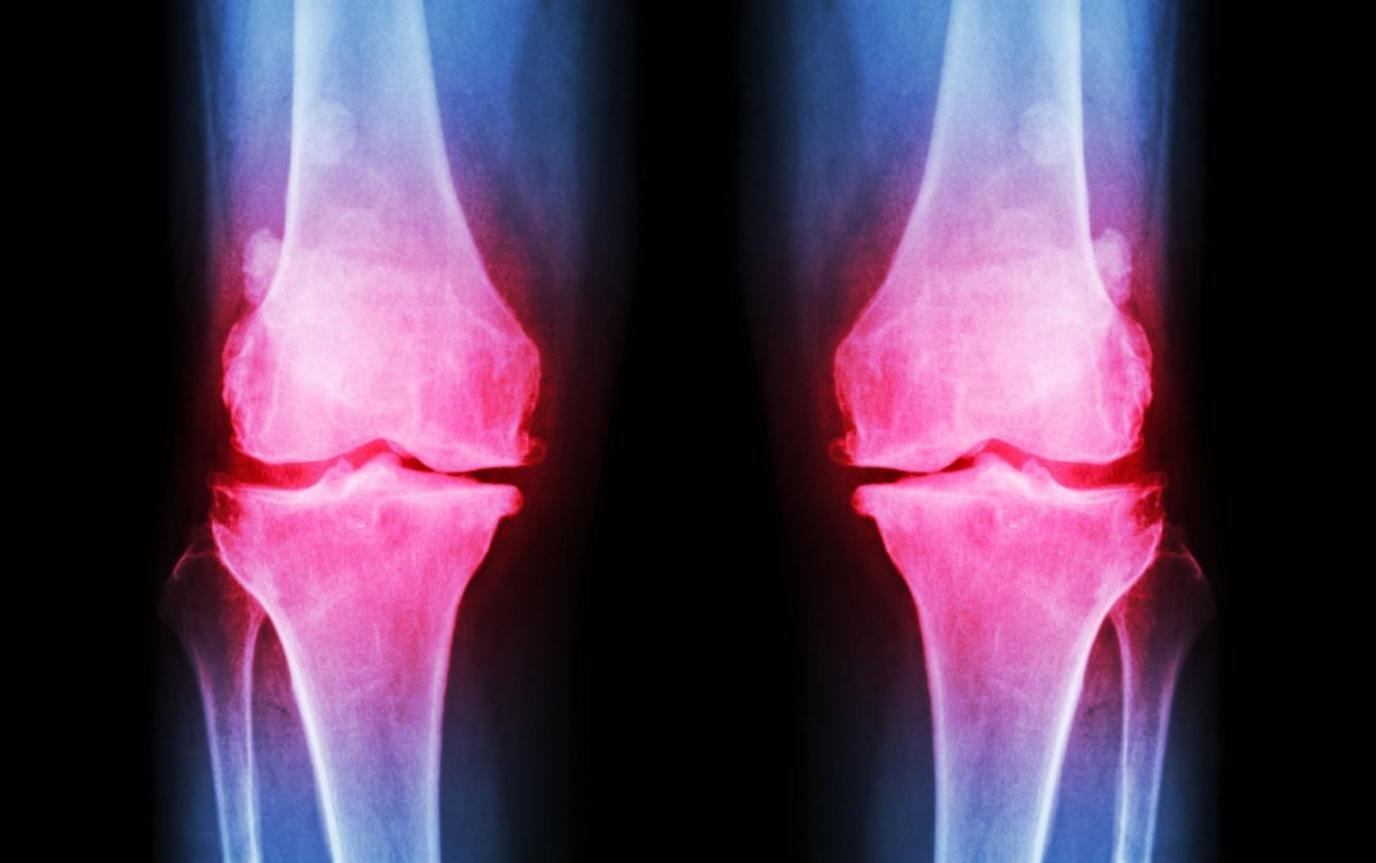
- Published5 September
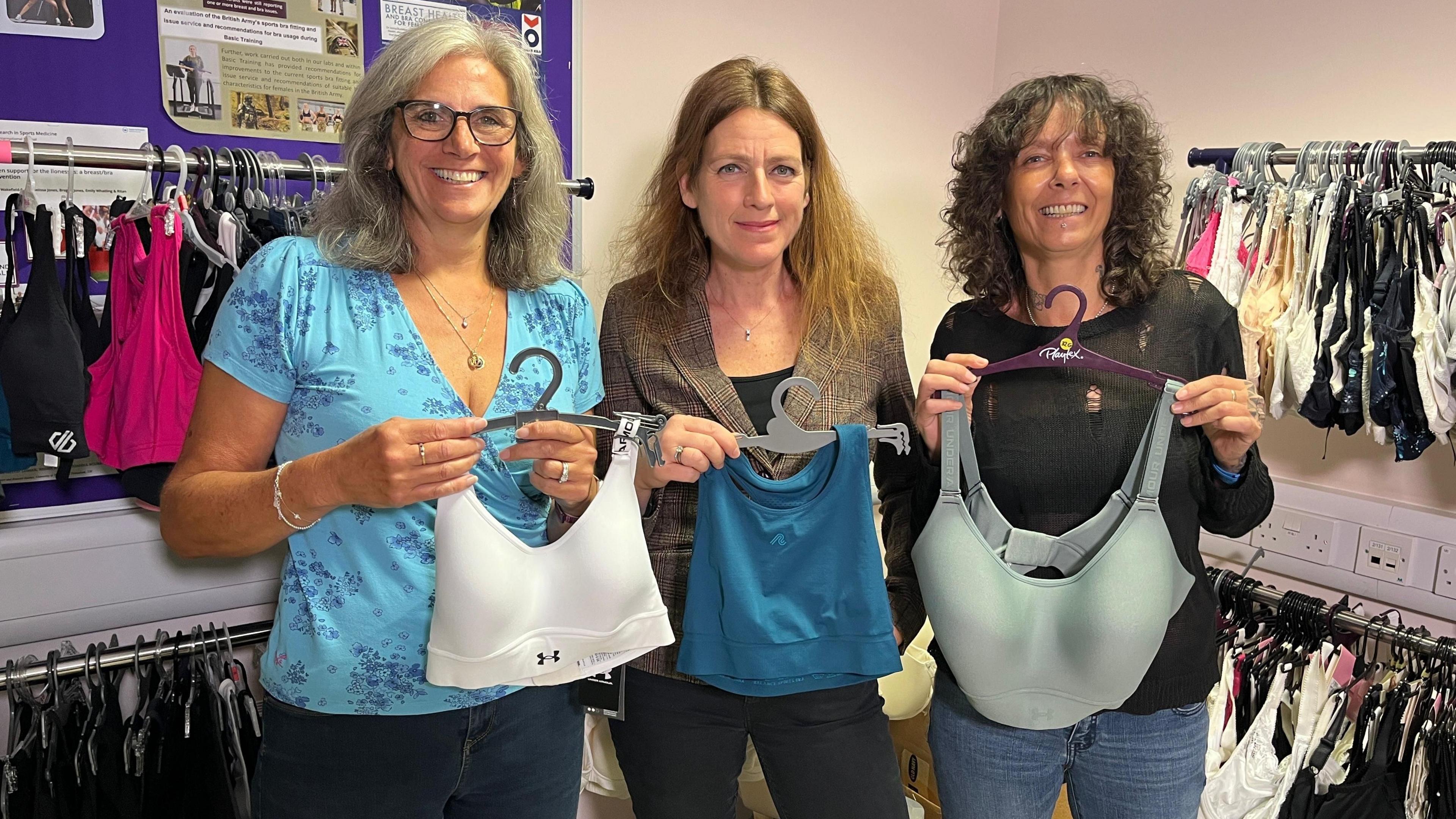
- Published17 September
